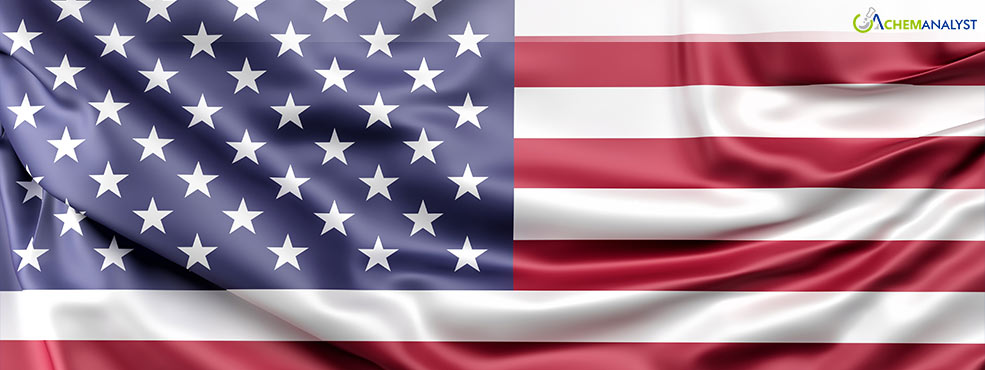Welcome To ChemAnalyst

Washington state is making history in January 2025 with the enforcement of significant chemical restrictions designed to protect public health and the environment. The new measures, part of the Safer Products for Washington Program and the Toxic-Free Cosmetics Act, are among the most progressive in the nation, positioning Washington as a leader in chemical safety and setting a precedent for other states to follow.
Under the Safer Products for Washington Program, which was passed into law in 2019, the state has introduced its first set of chemical bans that took effect on January 1, 2025. Among the restrictions are the prohibition of PFAS (per- and polyfluoroalkyl substances), commonly known as “forever chemicals,” in aftermarket stain and water-resistance treatments, as well as carpets and rugs. The law also bans orthophthalates in vinyl flooring and certain fragrances in beauty and personal care products. Other chemicals subject to restrictions include organohalogen flame retardants in indoor electric and electronic products with plastic external enclosures, as well as in recreational products made from polyurethane foam. Additionally, the law bans alkylphenol ethoxylates in laundry detergents and bisphenols in food and drink can linings.
These changes are part of the state’s ongoing effort to reduce the use of harmful chemicals in consumer products. The Safer Products for Washington Program allows the Department of Ecology to identify chemicals of concern and take action, including banning or requiring disclosure of those chemicals in various products. The new rules mark the beginning of a five-year regulatory cycle, with future phases expected to tackle additional harmful substances in products ranging from plastics to electronics.
In addition to the bans, manufacturers are now required to report certain chemicals used in products to the Washington Department of Ecology. As of January 31, 2025, this includes organohalogen flame retardants in outdoor electronics and bisphenols in food can linings. This reporting will assist state regulators in identifying future risks and determining further restrictions.
The Toxic-Free Cosmetics Act, which also takes effect on January 1, 2025, bans a range of harmful chemicals from beauty and personal care products sold in Washington. These include PFAS, formaldehyde, lead, mercury compounds, methylene glycol, orthophthalates, and several forms of phenylenediamine. The new law provides manufacturers until January 1, 2026, to comply with these restrictions for existing stock, ensuring that the transition to safer alternatives is feasible.
These regulations mark a significant step forward in the effort to reduce chemical exposure for residents of Washington state. With an eye toward sustainability and public health, the new laws provide clear signals to businesses that innovation in safer, non-toxic alternatives is both a regulatory and market imperative. The implementation of these bans reinforces Washington’s commitment to improving consumer safety and environmental health while creating new opportunities for the chemical industry to lead in the development of safer, greener products.
We use cookies to deliver the best possible experience on our website. To learn more, visit our Privacy Policy. By continuing to use this site or by closing this box, you consent to our use of cookies. More info.
